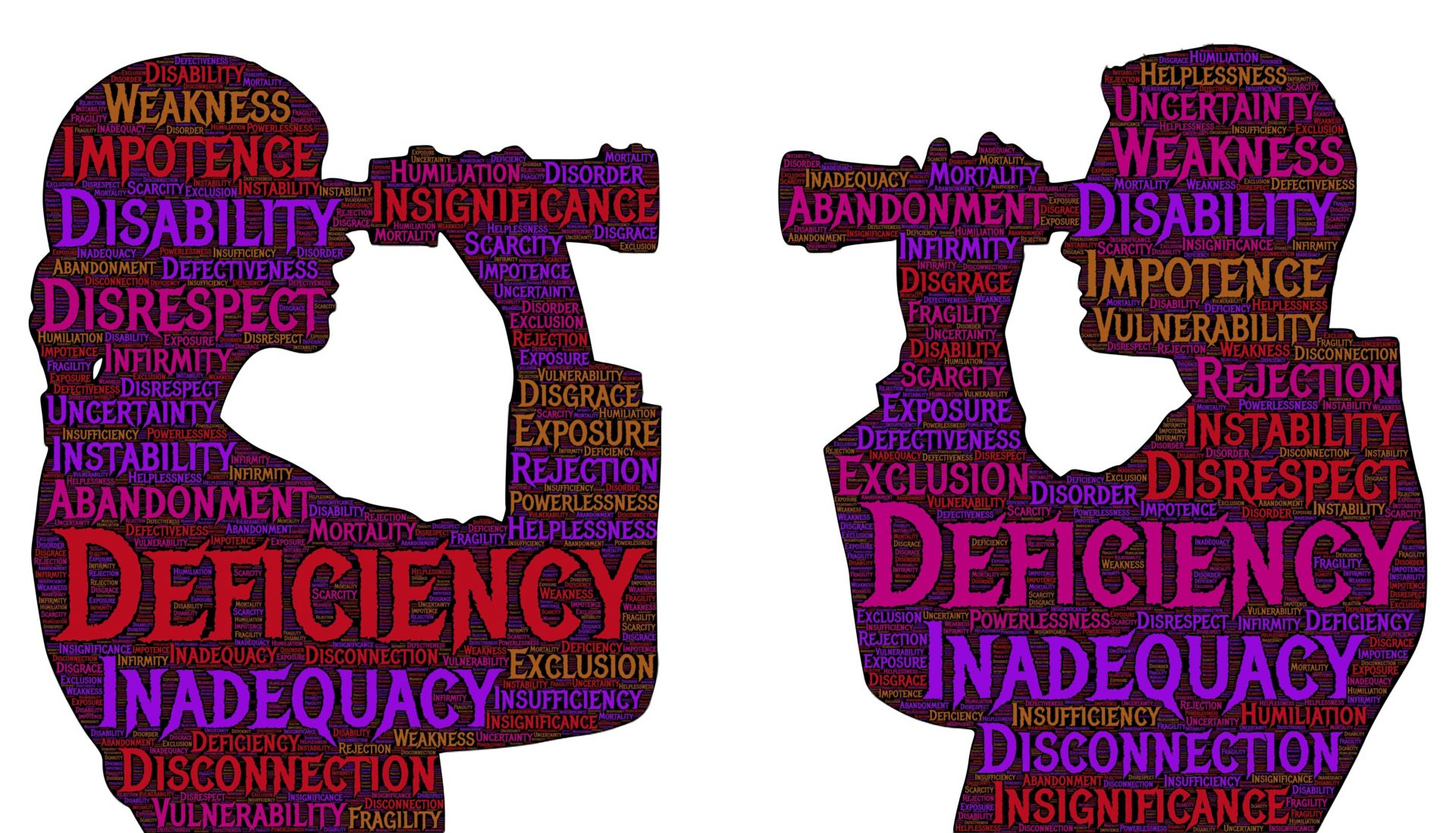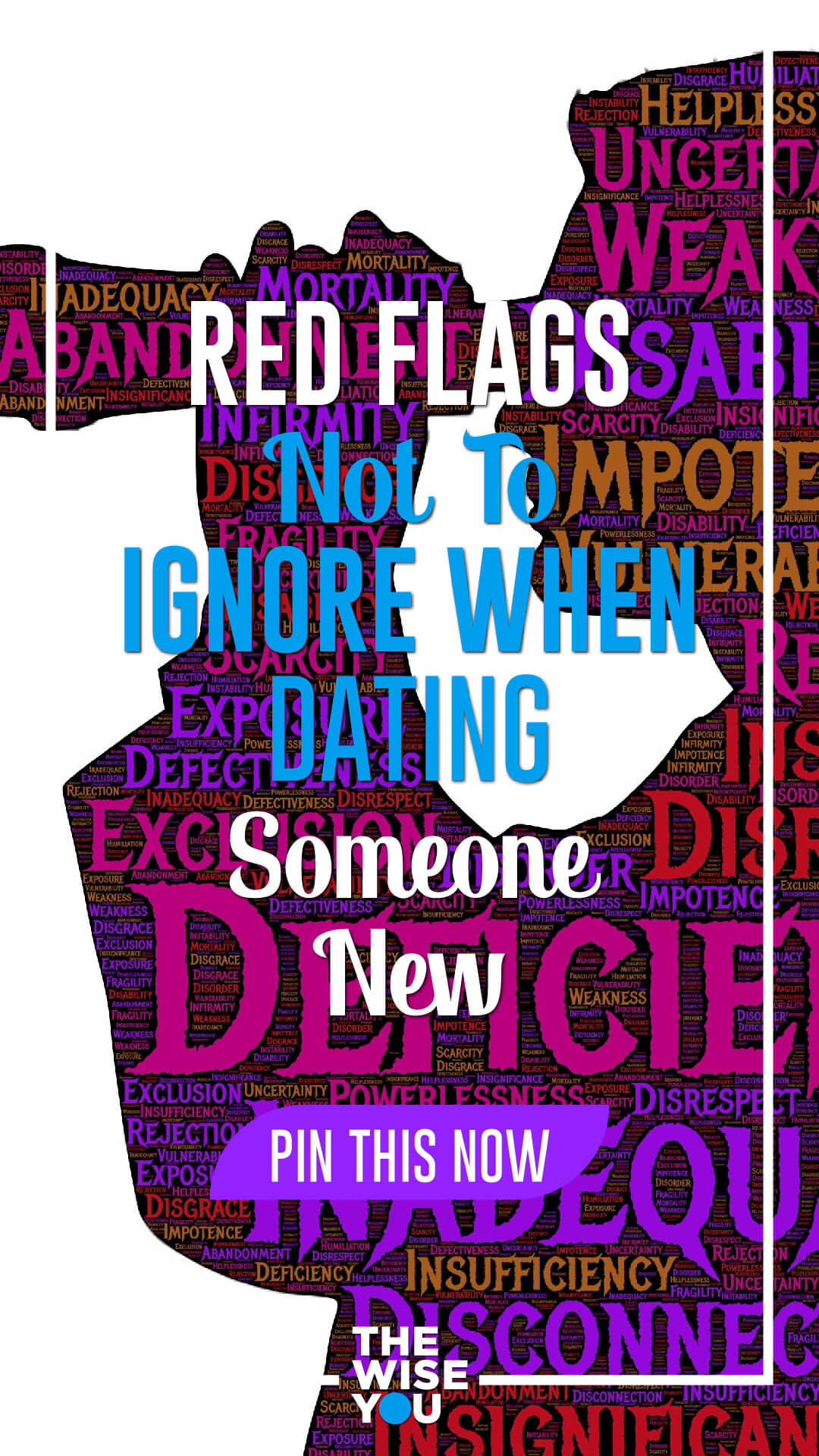Getting yourself into a relationship is not quite an easy task. Your guard for who to date does not stop when you meet that person. There is a need to pay attention to your loved one to know and spot red flags. Red flags in a relationship are every little oversight that tells you this person isn’t right for you. They are your partner’s actions that are toxic to your physical and mental well-being in a relationship. Paying attention to red flags is not restricted to any gender. Toxicity in a relationship can come from both parties. Red flags are not to be managed; they are signs that you need to stop right there in your tracks and reevaluate the relationship. A possible counterintuitive indicator of a potential fit is one’s sense of self. A person who would make the right partner will push an individual into discovering new activities that can expand their self-concept.
When you meet someone new, and who is charming or cute, you get excited about the person and you rush into dating. Spending more time together may reveal so many things about your relationship as time goes on. These revelations can either be positive or negative.
Whenever a relationship starts to compromise some of the most meaningful aspects of your life, the aspects that provide you with a source of deep fulfillment, then you need to look out for red flags. To get the best out of whoever you are dating and subsequently get the best you, red flags should not be ignored. Sometimes, trying to see these red flags may be a difficult challenge. But studies reveal that there are clues in behaviors that point out these signs as clear as the day itself.
When you are in a new relationship, some negative signs may begin to unveil themselves. When you notice some of these signs, you mustn’t ignore them. They give you a chance on whether to continue the relationship or to put an end to it. This decision depends on you and your partner, but more on you.
Here is a list of negative signs to watch out for in a new relationship:
1. Your intuition may start nagging you
The first about a failing relationship is that one or both of the partners may start telling lies. Of course, people know how to tell lies, but your intuition will never mislead you. Your inner voice may begin to tell you that something is wrong; all you have to do is to pay close attention to your feelings. Ensure you give yourself enough time to analyze your partner’s words, intentions, movements, and actions. Resist making excuses for your partner, maybe because you have a strong feeling or emotion for this person. Try to be honest with yourself and acknowledge the fact that your partner is not making you happy or is not in line with you.
2. The relationship gets complicated right from the start
In any relationship, there is no such thing as a perfect partner, and this is because everyone carries a piece of baggage. It is reasonable because a person hauls his/her entire load from their past into your own life, and it is something you either have to accept or reject. Your partner may have been gay or a lesbian in a past relationship or may even have children from a previous relationship. It is up to you to decide if you can cope with such loads or not, but the fact is that your partner having children or being a lesbian or gay should not make your life miserable. Your partner may have developed trust issues from the previous relationships, but that should not be a reason to prove your deeds at all times. If a relationship kicks off with such complications, it only takes time and effort from both partners to deal with such. Otherwise, you may both agree to split up.
3. You or your partner are not willing to compromise
If both partners in a relationship cannot compromise, this means they cannot survive together as a couple. The inability of a couple to compromise becomes evident even faster. Both of you should be willing to make some sacrifices for each other. If this is experienced in a relationship that just started, give yourselves time to decide. Things may work out after some time. If not, end the relationship.
4. Your partner swings moods easily
It is essential to know your partner’s mood swings, and you have to steer clear of the person who veers to extreme moods; this may, with time, ruin your emotions. Your partner should not leave you exhausted or exasperated at the end of the day. If you are consistently or frequently exposed to anger, heartbreaks, resentments, and bitterness, you might find yourself becoming a person you do not want to be. Riding on an emotional roller coaster could leave you mentally or physically destabilized. If you notice a slight shift of your partner’s emotions from happy to depressed in a fraction of seconds, you should understand that a psychological imbalance must have occurred. If your partner gets angry over little things, you must take into consideration that this emotional shift or imbalance may spill on you someday.
5. Your partner suffers from chronic infidelity
If your partner has this quality, your relationship may end quickly, or both of you may never find happiness in the relationship. Imagine one who believes that, “once a cheater will forever be a cheater”; this is a sign of chronic infidelity. It should be understood that we are humans and we have the free will to break out of some habits or our worst patterns. If you discover that your partner is disloyal at this early stage of your relationship, rescue yourself from heartbreak and move on. There are chances that he/she was prone to dishonesty or he has lead a dishonest life in the past. He/she may continue to live that way. We may begin to experience a lot of disappointments that we cannot change anybody.
6. Your partner does not take care of his/herself
You cannot expect someone who does not treat his/herself well to treat others well. The way a person treats his/herself is quite reflective of the way he will treat you too. If you discover that your partner is self-destructive, your question should be, how is he/she going to strengthen you? A person who is careless with his/her home, responsibilities, health, and other things should not deserve your care and attention.
7. Your partner always guilt-trips you
Guilt-tripping in a relationship is when your partner always blames you whenever things go wrong. This habit can make you look like being made to look bad. This habit in a relationship may be a warning sign for emotional abuse or a psychological disorder, especially when you are being isolated from your loved ones.
8. Your partner keeps making demands
Demands can take forms of asking or telling your partner to do something, even if it is against their will. Making so many demands can sometimes be a warning sign for assaults or harassments. For instance: “stop eating,” “stop wearing this dress,” “send a picture of yourself nude immediately.” All this can be regarded as abusive behaviors, especially if they have been used to control your actions.
9. Your partner always arrives late without a valid explanation
If your partner always arrives late at home or at occasions which mean a lot to the both of you without any specific reason, this could make you start thinking if indeed they are interested in the relationship and if they don’t give you a reasonable answer after some time, then you should consider your relationship a waste of time. This is a warning sign to people in a new relationship or date. It is a striking warning that your partner is not interested in you.
10. Your partner is not willing to commit
A long-lasting relationship is one of the profoundly fulfilling bonds that we crave. But not all relationships can hold up to them. You should stick to a partner who is ready to fortify a relationship with you at all costs and also understands that he/she has to put in hard work to do so. You need to know your partner’s dating history. Has he/she been able to maintain a serious relationship? If your partner is used to jumping from one relationship to another, then your relationship may be a playground.
Red flags are signs of impending danger to come. You matter most, and you should aspire for the better version of you at all times. Red flags in a relationship will not help you achieve this. Finally, in the words of Amanda Mosher, “If you ignore the red flags, embrace the heartache to come.”







